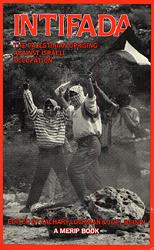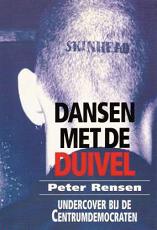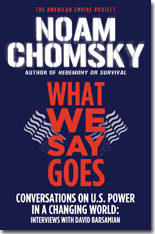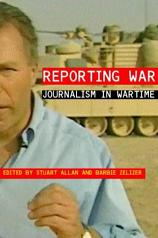
Intifada
Zachary Lockman & Joel Benin
423 pages including index
published in 1989
During Israel’s invasion of Gaza this January there was one of those stupid drummed up controversies that always happen whenever Israel’s engaging in warcrimes again and hence coming under foreign pressure. In this case it was Dutch Socialist Party member of parliament Harry van Bommel who got into trouble after his call for Intifada was twisted from being a call to resistance into not just a call for armed resistance but fullblown terrorism. Various zionist pressure groups were keen to pretend that intifada invariably meant terrorist attacks, including suicide bombings while ignoring that the first Intifada had been characterised by non-violent protests and most socalled Palestinian violence only happened in self defence against IDF aggression. Nobody honest can call boys throwing stones at tanks terrorists, but that didn’t stop our local zionists from pretending it was, helped by conflating the much more violent Second Intifada with the first.
Now I grew up in the eighties and I remember the first Intifada. I was barely in highschool when it started in 1987 and not very politically aware, but I did notice that by late 1988, early 1989 there were quite a lot older students wearing keffiyehs, usually as shawls, as a symbol of their support for the Palestinians; this at a not too leftwing Christian school. The Intifada had the same sort of stature as the ANC’s struggle to end Apartheid had because everybody could see how the Palestinians were being oppressed and how justified they were in their (largely non-violent) resistance despite IDF agression. It was therefore a blatant rewriting of history to equate Intifada with terrorism and to confirm this, I read this collection of essays on the Intifada.



